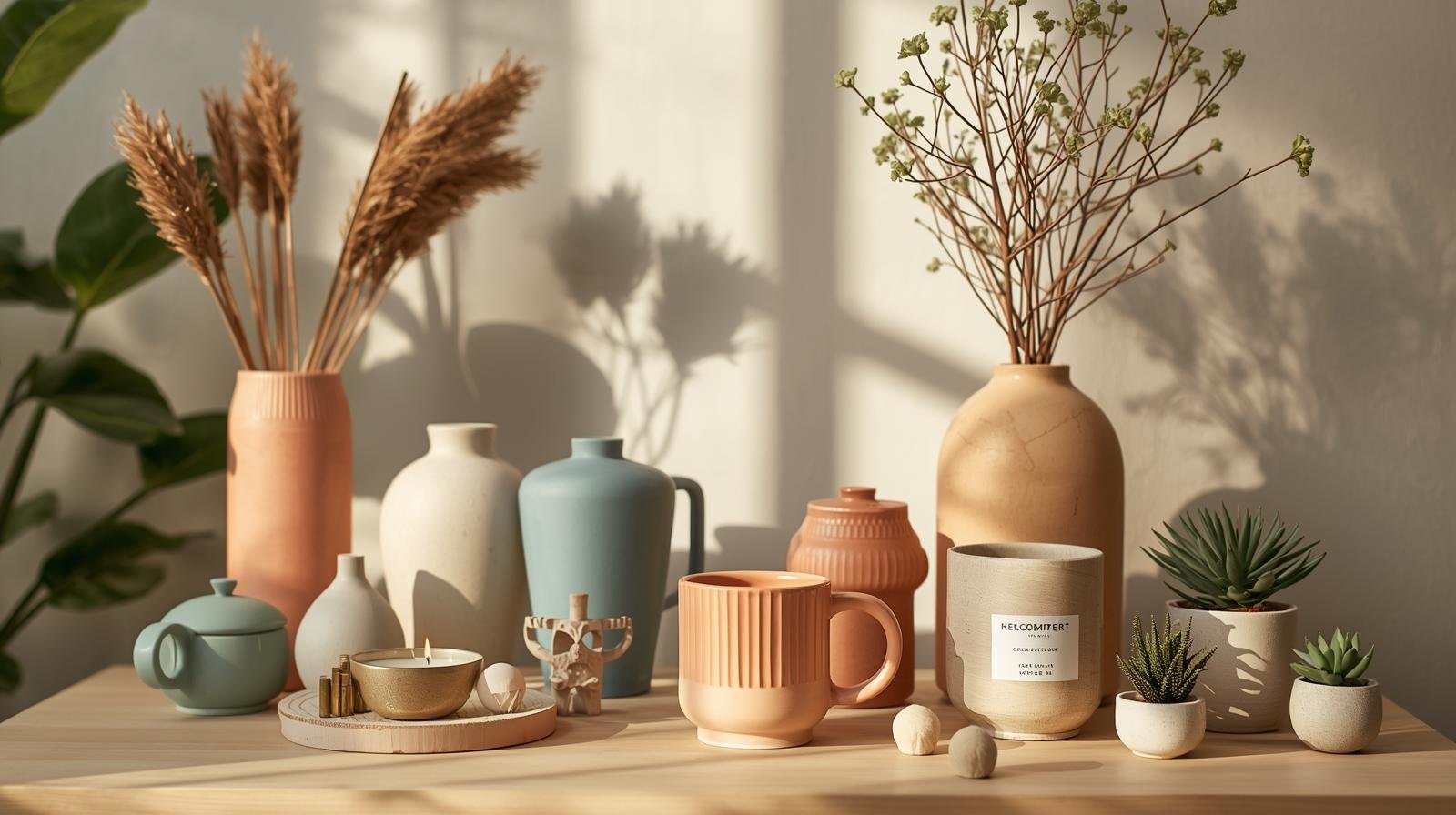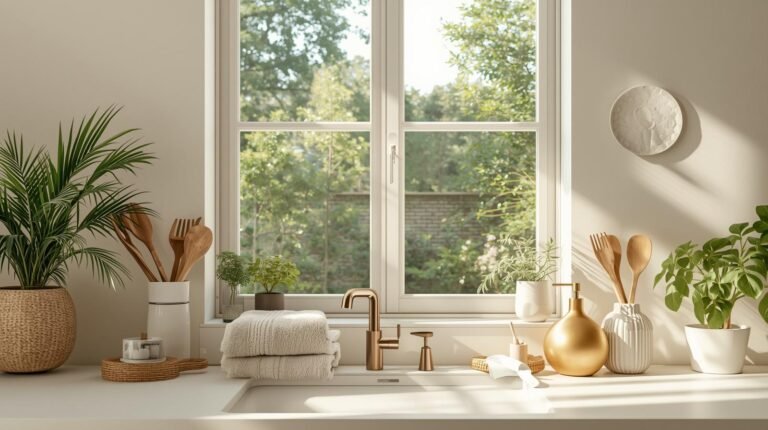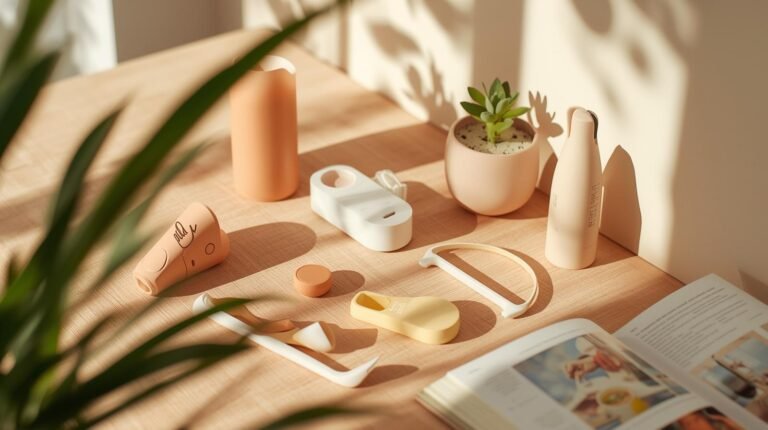For years, shopping meant more — more choices, more sales, more stuff.
But things are changing.
Across the world, people are shifting from buying more to buying better — a quiet revolution led by conscious consumers.
Let’s explore why intentional shopping is becoming the new symbol of modern luxury, and how niche products fit perfectly into this movement.
🧠 1. From Impulse to Intention
Modern consumers are no longer driven only by discounts or trends.
They’re asking questions:
“Who made this?” “What is it made of?” “Do I really need it?”
This shift reflects a deeper emotional awareness.
Intentional shopping isn’t about deprivation — it’s about mindful choice.
It’s knowing that your purchase aligns with your lifestyle, values, and long-term satisfaction.
💬 Luxury isn’t about price anymore — it’s about purpose.
🌿 2. Sustainability Meets Style
Conscious shoppers look for products that respect both design and the planet.
They’re drawn to eco-friendly packaging, renewable materials, and long-lasting quality.
Niche brands often lead this space because small creators can innovate faster and source responsibly.
A beautifully crafted bamboo storage box or solar-powered garden light isn’t just useful — it’s a statement of mindful living.
🌎 Sustainability has become the new sophistication.
💫 3. Emotional Connection Over Status
People no longer seek status symbols; they seek stories.
Buying something handmade, local, or ethically produced feels emotionally rewarding.
It carries meaning — a reminder that your money supports real people and craftsmanship, not just factories.
This emotional bond turns shopping into an experience of gratitude, not guilt.
❤️ Meaning is the new luxury.
🛒 4. Quality as a Form of Self-Respect
Intentional shopping is also about self-respect.
Choosing better-made items that last longer means respecting your time, money, and environment.
You’re saying, “I deserve things that add value, not clutter.”
When we choose fewer but higher-quality items, our homes — and minds — feel calmer.
🧘 Quality simplifies life — and simplicity feels like peace.
🌟 5. How Brands Can Adapt
For businesses, this change is an opportunity.
Brands that focus on transparency, authenticity, and sustainable design naturally attract conscious consumers.
Instead of competing on price, they build trust — and long-term loyalty.
If your brand speaks to values, not volume, you’re already ahead of the curve.
💬 Final Thought
The age of overconsumption is fading.
Today’s shoppers want their choices to matter — for themselves, for others, and for the planet.
Conscious shopping isn’t a trend.
It’s the future of meaningful living — one thoughtful purchase at a time.



